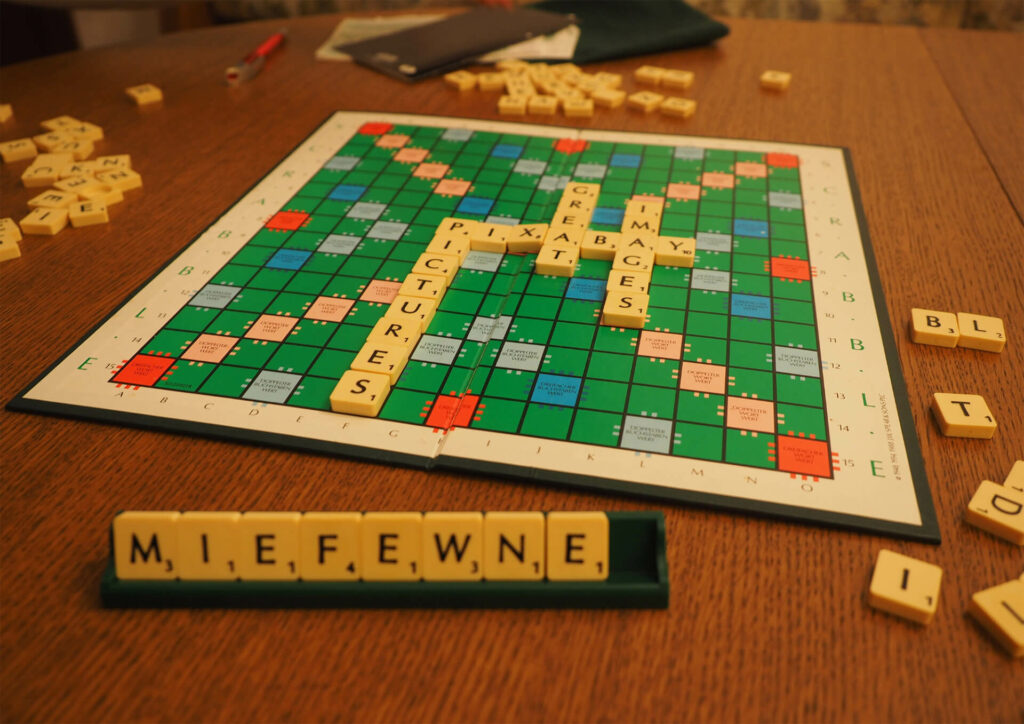Engaging in vocabulary activities with children at home not only enhances their language skills but also cultivates their ability to articulate themselves. As a parent, you play a vital role in nurturing your child’s vocabulary by fostering a learning environment and incorporating vocabulary-building exercises into various activities.
Learning vocabulary with children at home can be an enjoyable and enriching experience for both parents and kids alike.
Here are some tips to make it both engaging and effective:
Read Aloud Together:
Choose age-appropriate English books and read them aloud with enthusiasm. Involve your child in the book selection process. Pause to discuss unfamiliar words, prompting questions such as „What do you think this word means?” or „Can you use it in a sentence?”

Word of the Day:
Introduce a „Word of the Day” to gradually expand their vocabulary. Create a vibrant word wall displaying the word, its definition, and usage in a sentence. Review it daily to reinforce learning.
Flashcards:
Collaborate with your child to create flashcards featuring words on one side and illustrations or definitions on the other. Transform this into a game, such as a memory match or scavenger hunt, to reinforce word retention.
Story Creation:
Encourage children to craft their own stories incorporating the newly learned words. This not only reinforces vocabulary but also fosters creativity and storytelling skills.
Word Games:
Engage in word-based games like Scrabble, Boggle, or Bananagrams to make learning enjoyable.

Labeling Around the House:
Label common household items with their names. This helps children associate words with real-world objects, providing context for learning.
Vocabulary Journal:
Maintain a vocabulary journal where children can jot down new words they encounter. Encourage them to illustrate or write simple sentences to reinforce comprehension.
Rhyming Words:
Explore rhyming words to infuse learning with rhythm and fun. Create silly rhymes together or utilize online resources for rhyming word lists.
Word Puzzles:
Personalize word puzzles according to each child’s vocabulary level. Solve crossword puzzles or word searches together for an engaging challenge.
Be a Language Model:
Set an example by speaking English yourself and encouraging your child to do the same. Articulate clearly and incorporate a diverse vocabulary into everyday communication.
Words in Context:
Integrate new words into daily activities and routines. For instance, discuss ingredients and cooking techniques while preparing meals together.
Synonyms and Antonyms:
Reinforce word retention by exploring synonyms (words with similar meanings) and antonyms (words with opposite meanings).
Create a Word Jar:
Establish a word jar where new words are added regularly. Periodically review and discuss these words together.

These strategies can be tailored to accommodate your child’s age, interests, and English proficiency level. By implementing these tips, you can ensure a positive and enjoyable learning experience while reinforcing the vocabulary your child learns at school.














